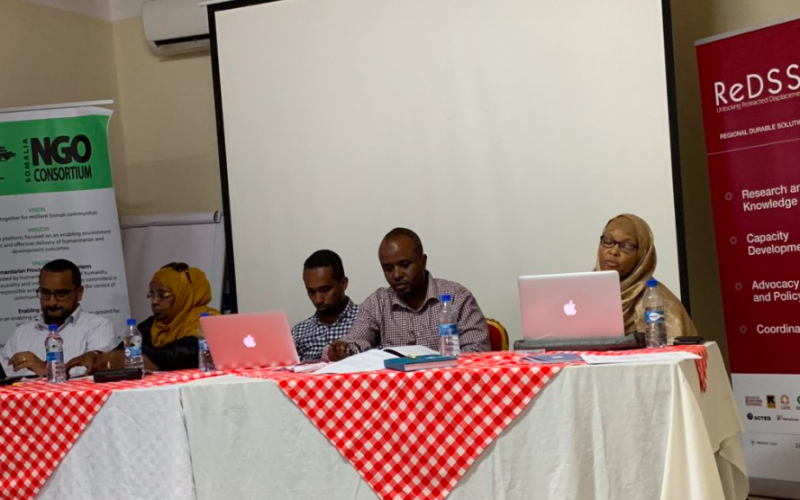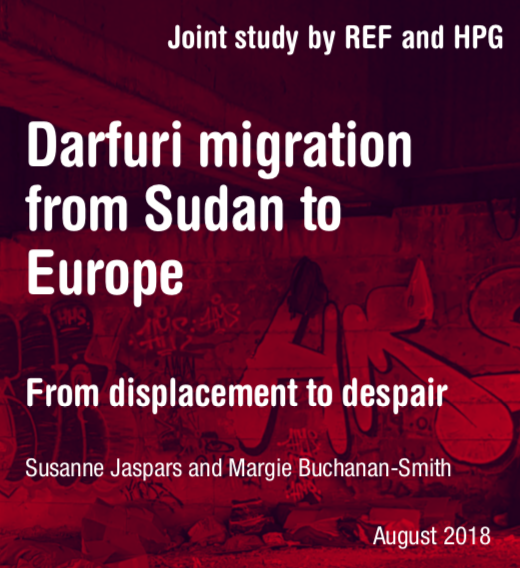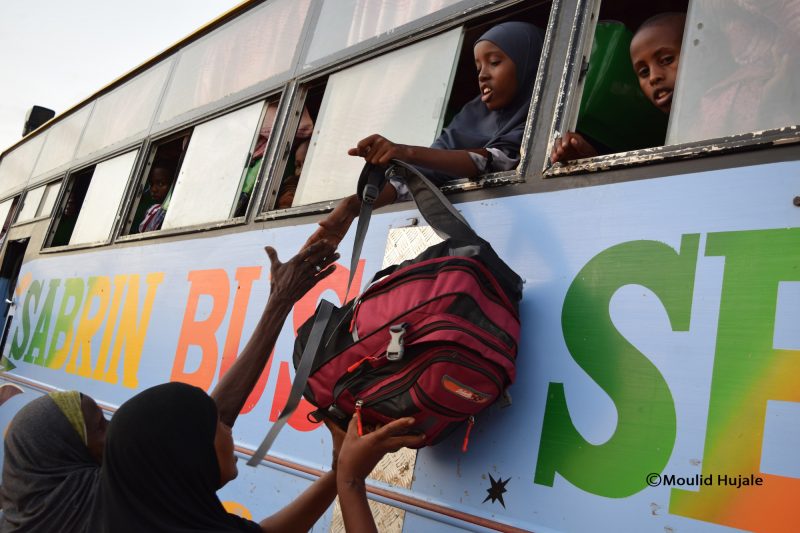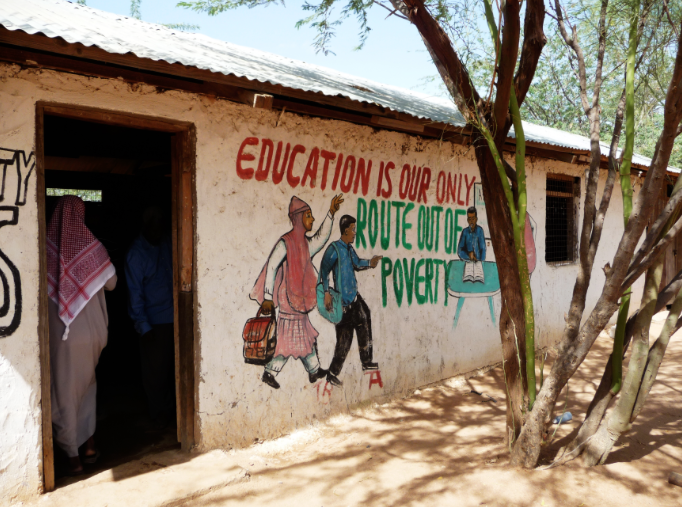This week the United Nations Secretary-General announced the establishment of a High-Level Panel on Internal Displacement.
Category: Blogs

Meet our researchers: Fekadu Adugna Tufa
Dr Fekadu Adugna Tufa is Associate Professor in the Department of Social Anthropology at Addis Ababa University. His areas of research interest are displacement, migration, climate change, identity studies, conflict

Meet our researchers: Kalyango Ronald Sebba
Dr Kalyango Ronald Sebba is a lecturer in the Department of Social Work and Social Administration at Kyambogo University, in Kampala, Uganda. Until recently he was lecturer at the School

Meet our researchers: Kiya Gezahegne
Kiya Gezahegne is an Assistant Professor of Social Anthropology at Addis Ababa University. She is also an honorary Research Associate at the Global Development Institute at the University of Manchester.

Changing Places: Migration and displacement in the Horn of Africa discussed at REF research forum in Nairobi
In January 2019 the REF convened the Changing Places forum in Nairobi to discuss themes related to migration, displacement and development across the Horn of Africa.

REF participates in Mogadishu Evidence Week to Re-think Mobility and Displacement
The Regional Durable Solutions Secretariat (ReDSS) organised the first Somali Evidence week between 26-30 November 2018 to support knowledge sharing and research uptake to inform better durable solutions programming and

New study on Darfuri Migration From Sudan To Europe
There are significant numbers of Sudanese migrants travelling from Sudan to Europe, especially since 2014. Many hail from Darfur.

Somalia Return and Displacement Series: Politics and Policies
In our final post on this series, we highlight some of the complexities related to displacement and return that our study, Return and (Re)Integration after Displacement, has demonstrated.

Somalia Return and Displacement Series: Rashid’s Story
I lived in Dadaab refugee camp for 22 years. I grew up in Ifo and was schooled there. I trained in Dadaab as a teacher and found work there as

